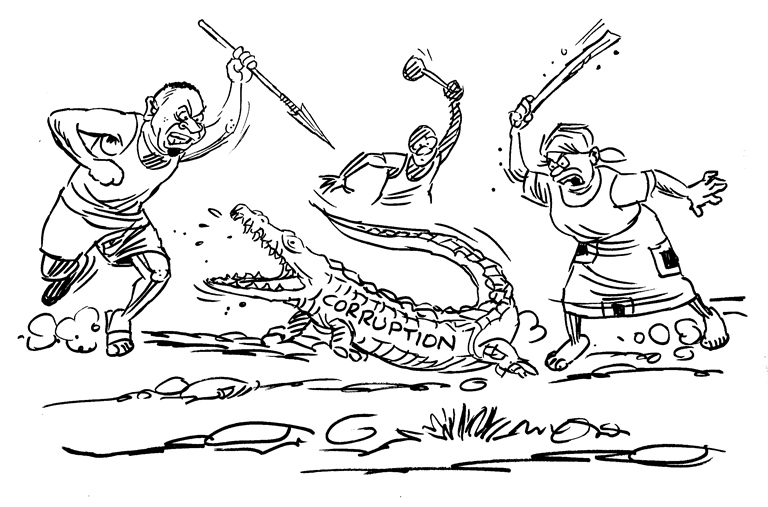Examinations, cheating and future leaders
The year was 1996 and I was assigned as a very youthful invigilator for national examinations at a newly accredited examination centre, a private school. As this was my first time to undertake this important task, I was really excited and looked forward to applying the best of my knowledge to ensure that the integrity of the examinations would be protected. Unfortunately, I was too inexperienced and naïve to anticipate the shock that I got when I witnessed careless attempts to breach the set protocols for administering examinations, which included well-orchestrated attempts by the centre to disrupt the invigilation or to assist candidates with answers.
That is a long time back and I cannot stop wondering how the candidates turned out in their various academic or career paths.
Schools across the country will, in the coming week, start administering national examinations and as expected relevant authorities have been releasing media statements to help safeguard the integrity of all examinations. Considering the experiences of examination leakages and other related malpractices the country has faced in recent times, it makes a lot sense that authorities must be stern in their warnings about examination malfeasance in order to restore the trust on the quality of examinations.
The story about dwindling standards and quality of education in Malawi is not new. Claims have been made that quality of education prior to multi-party democracy was much better than what resulted from new public sector policies introduced at the dawn of multiparty such as the commercialisation of the education sector. Perhaps that could be one factor that has contributed to diluting education standards whereupon private education institutions compete to market their institutions based on the number of candidates that pass national examinations or those that acquire higher academic accolades in private tertiary institutions.
We, therefore, seem to live in a time when passing national examinations or acquiring higher academic accolades is the absolute and ultimate goal of education. It has not been surprising hence to see institutions and learners jostling to pass examinations with every trick available, including cheating. It is also in our time that we have witnessed politicians with suspicious basic education acquiring high education accolades from bogus academic institutions.
In recent years, some examination officials have yielded to the temptation of bribes to ‘leak’ examination papers probably to examination centres that could afford to make an irresistible bribe offer. Similarly, it has also been a subject of speculation that in some parts of the country candidates get an advantage of being predominantly taught material that will be featured in national examinations with the help of nepotistic ‘examiners’. In a way this is a form of leakage aimed at giving an advantage to a specific preferred region or area for political, tribal or other nepotistic reasons.
We should state, however, that the purpose of an education is not necessarily to pass an examination, especially passing fraudulently. Passing examinations based on cheating will not help the candidate to attain better career goals and add value to national development in particular and society in general. Graduates churned from a compromised education system cannot easily excel in a competitive global academic or economic world.
In fact, we should hasten to point out that parents, teachers and learning institutions that support short-cuts to passing examinations are setting wrong integrity standards for a future generation of leaders who will not see anything wrong with cheating in anything, including cheating in the management of public matters.
I must therefore conclude by emphasising the point that the forthcoming series of national examinations for our young learners provide Malawi an opportunity to instill a culture of integrity in the next generation of leaders. Our candidates must learn that success is earned with hard work and honesty. They must learn that academic success earned from cheating is a mockery to the whole purpose of education. Credibility of the current examination processes will give confidence in the quality of future leaders of the diverse sectors of our national economy and well-being.




